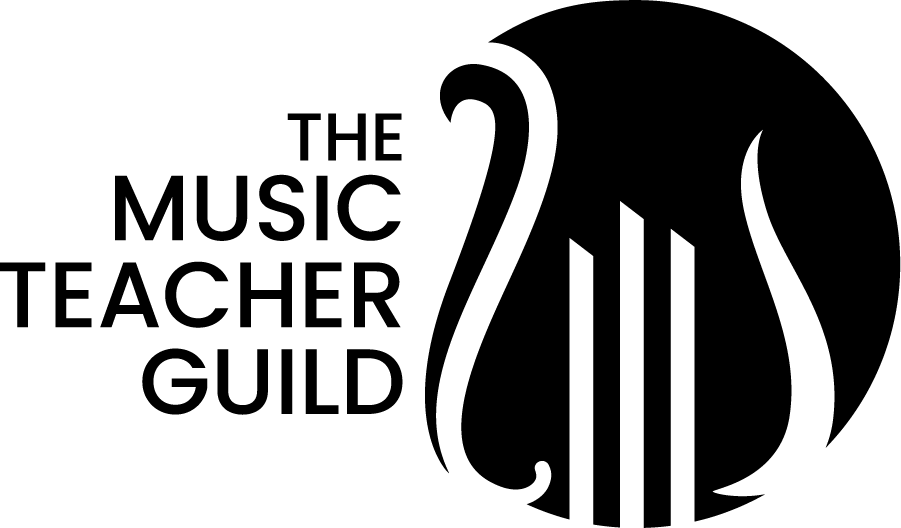Benefits of Local Music Teacher Associations
As a music teacher, it's easy to feel isolated in your day-to-day work, balancing lesson plans, student progress, and keeping up with new teaching methods. This is where local music teacher associations come in. These organizations offer a sense of community, professional development, and a range of resources that can help music educators stay connected and grow in their careers. Whether you're just starting out or have years of experience, joining a local music teacher association can bring countless benefits that enrich both your professional and personal life.
1. Networking Opportunities
One of the greatest advantages of joining a local music teacher association is the opportunity to network with other professionals in the field. Networking in this context isn’t just about finding new job leads—although that’s definitely a possibility—it’s also about building lasting relationships with colleagues who share similar goals, challenges, and passions.
By participating in local association events, you can connect with fellow music teachers who may offer mentorship, collaborate on projects, or even recommend you for teaching opportunities. These connections foster a sense of community and can lead to professional growth through collaboration and idea exchange.
Examples of Networking Benefits:
Collaborations: Partnering with other teachers on workshops or student performances.
Mentorship: Learning from more experienced educators to navigate challenges.
Job Opportunities: Networking can often lead to job openings or recommendations in your area.
2. Professional Development
One of the core missions of many local music teacher associations is to provide professional development for their members. As a member, you’ll have access to workshops, webinars, and seminars designed to keep you up-to-date on the latest trends in music education. These learning opportunities allow teachers to refine their skills, explore new teaching methods, and ensure they are offering the best possible education to their students.
Professional development doesn’t just stop at skill-building—these opportunities also help teachers meet continuing education requirements and stay competitive in the field. Whether you're interested in honing your classroom management skills, learning about new digital tools for music teaching, or staying informed about curriculum changes, these associations provide the resources you need to stay on the cutting edge of music education.
3. Resources and Support
Teaching can sometimes feel overwhelming, but local music teacher associations often provide exclusive resources that make your job easier. These resources may include teaching materials, lesson plans, curriculum guides, and access to a network of educators who can offer advice on specific challenges you might face.
In addition to physical or digital resources, there is immense value in being part of a support system. When you're struggling with a difficult student or unsure how to structure a recital, having a group of peers to turn to can make all the difference. The support from fellow teachers who understand your unique challenges is a significant benefit of being involved in a local music teacher association.
4. Performance and Event Opportunities
For music teachers, giving students the opportunity to perform is a critical part of their growth as musicians. Many local music teacher associations organize student recitals, competitions, and public performance opportunities. These events not only give students a chance to showcase their progress but also help teachers build their reputation in the local community.
Performances hosted by associations are often held in well-regarded venues and can serve as excellent platforms for both student and teacher recognition. Whether it’s a yearly recital or a regional competition, being involved in these events can elevate your profile as a dedicated and capable music educator.
5. Advocacy and Representation
Music education is an area that sometimes needs strong advocacy, especially when school budgets are being cut, and the arts are often the first to suffer. Local music teacher associations often take on the role of advocates for music education, working to ensure that music programs remain funded and supported in schools and communities.
By joining a local music teacher association, you can contribute to these advocacy efforts and help promote the importance of music education. These organizations may lobby local governments, hold community events to raise awareness, or work to improve the overall perception of music education. Being part of these efforts can feel empowering and impactful, as you’re contributing to the future of music education in your area.
6. Closing Thoughts: Why You Should Join a Local Music Teacher Association
Joining a local music teacher association isn’t just about professional growth; it’s about building a community and gaining access to resources that will support you throughout your teaching journey. From networking and professional development to resources, events, and advocacy, these associations offer numerous benefits to music educators at all stages of their careers.
If you’re a music teacher looking to connect, learn, and advocate for music education, now is the time to explore what your local association has to offer. Get involved, and see how being part of a community of dedicated educators can enrich your career and inspire your teaching!

